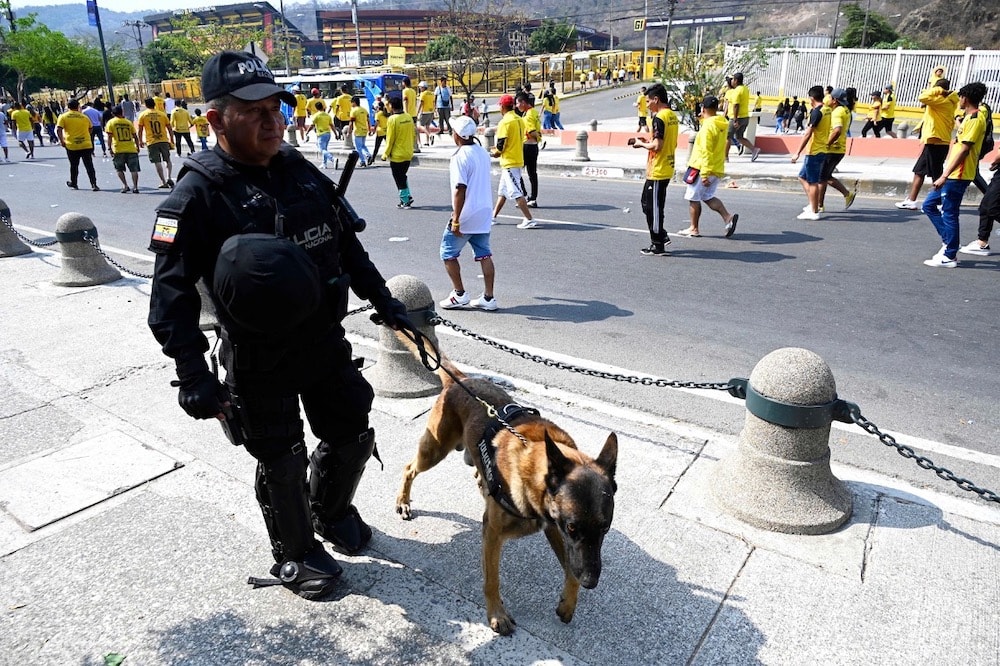"Everything seems to suggest that this was a planned and coordinated attack with the aim of undermining the work of the national media and sowing fear in newsrooms in general. It ratchets up the climate of insecurity and self-censorship that is becoming part of the life of journalists in Ecuador."
This statement was originally published on rsf.org on 22 March 2023.
Reporters Without Borders (RSF) calls on the Ecuadorean authorities to do everything possible to identify those responsible for an intimidation campaign against journalists in which booby-trapped USB sticks were mailed to five journalists employed by privately-owned TV channels and radio stations. One exploded on 20 March, causing slight injuries to its recipient.
When Lenin Artieda, an anchor with Ecuavisa TV in the port city Guayaquil, returned from paternity leave on 20 March, he found a mysterious USB stick inside one of the letters awaiting and, when he connected it to his computer, it triggered a small explosion that inflicted superficial injuries to his hand and face.
Similar letters containing booby-trapped USB sticks were sent to four other journalists working for TC Televisión in Guayaquil and for Teleamazonas and Radio EXA in Quito. These are all national broadcasters that tend to support President Guillermo Lasso’s conservative government.
“Everything seems to suggest that this was a planned and coordinated attack with the aim of undermining the work of the national media and sowing fear in newsrooms in general,” said Artur Romeu, the director of RSF’s Latin America bureau. “It ratchets up the climate of insecurity and self-censorship that is becoming part of the life of journalists in Ecuador. We call for a thorough investigation by the authorities to shed light on this targeted attack against journalists.”
Criminal police chief Xavier Chango said the substance found within the five USB sticks was RDX, a military-type explosive used in the mining industry. All five envelopes were sent from Quimsaloma, a locality mid-way between Quito and Guayaquil. The police are looking for the sender, who left a name and phone number with the delivery company.
The targeted journalists are meanwhile continuing to work “normally,” said Miguel Rivadeneira, a journalist with Radio EXA in Quito. He added: “I am not getting any special protection but I am now taking precautions. For example, I now often change my route when travelling to work.”
His precautions reflect an overall decline in the safety of journalists in Ecuador. This is especially so in port regions such as Guayaquil, the epicentre of growing violence that is attributable to the increasingly powerful drug cartels.
Two men on a motorcycle fired off a volley of shots while driving past the entrance to the RTS TV channel in Guayaquil in October 2022. A stick of dynamite was exploded outside the Teleamazonas TV channel in the same city in 2020.



